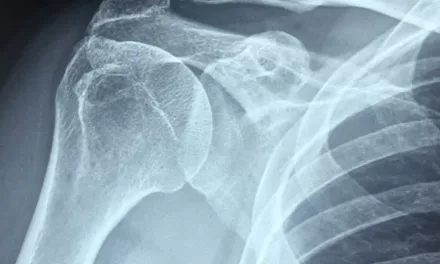New Delhi, June 23, 2024 — Urinary incontinence, the involuntary loss of bladder control, can significantly impact both skin and kidney health, according to medical experts. As World Urinary Continence Week is observed from June 17-23, doctors are raising awareness about the broader health implications of this common condition.
Understanding Urinary Incontinence
Urinary incontinence varies from occasional minor leaks to more frequent and severe issues. “The combination of hormones and stretched muscles weakens the muscles that control your bladder, leading to accidental leakage,” explained Dr. Ashwin Mallya, a consultant urologist and robotic uro-onco surgeon at Sir Ganga Ram Hospital.
Health Complications
The condition doesn’t only affect the bladder. “Constant moisture from leakage can cause skin issues like rashes and infections. Additionally, it can lead to urinary tract infections (UTIs) and, in severe cases, kidney damage,” Dr. Mallya added. He also highlighted the mental health impact, noting that anxiety, depression, and social isolation are common among sufferers.
Prevalence and Risk Factors
Urinary incontinence affects individuals of all ages but is more prevalent among older adults, especially women during pregnancy and childbirth. Dr. Arif Akhtar, senior consultant in urology at Marengo Asia Hospital, Gurugram, noted that age-related changes, such as weakening pelvic floor muscles and altered bladder muscle activity, contribute to the condition. “Stress incontinence can result from pelvic muscle stretches and increased bladder pressure during pregnancy and childbirth. Menopause-induced estrogen reduction also plays a significant role.”
Gender Disparities
Studies show that up to 45 percent of women and 15 percent of men in India suffer from some form of urinary incontinence. This disparity is largely due to anatomical differences and unique risk factors for women, including pregnancy, childbirth, and menopause.
Prevention and Management
Preventive strategies and treatments are available to manage urinary incontinence effectively. “Pelvic Floor Muscle Training (PFMT) with Kegel exercises and therapies to strengthen pelvic muscles are common preventive measures,” said Dr. Arif.
Adopting a healthy lifestyle also plays a crucial role. Maintaining a healthy weight reduces pressure on the bladder, while regular exercise strengthens pelvic floor muscles. Limiting caffeine and alcohol, quitting smoking, and staying active are additional recommendations from doctors to manage and prevent urinary incontinence.
Conclusion
As World Urinary Continence Week concludes, the spotlight remains on raising awareness about urinary incontinence and its broader health implications. By understanding the condition and adopting preventive measures, individuals can improve their quality of life and mitigate the associated health risks.












